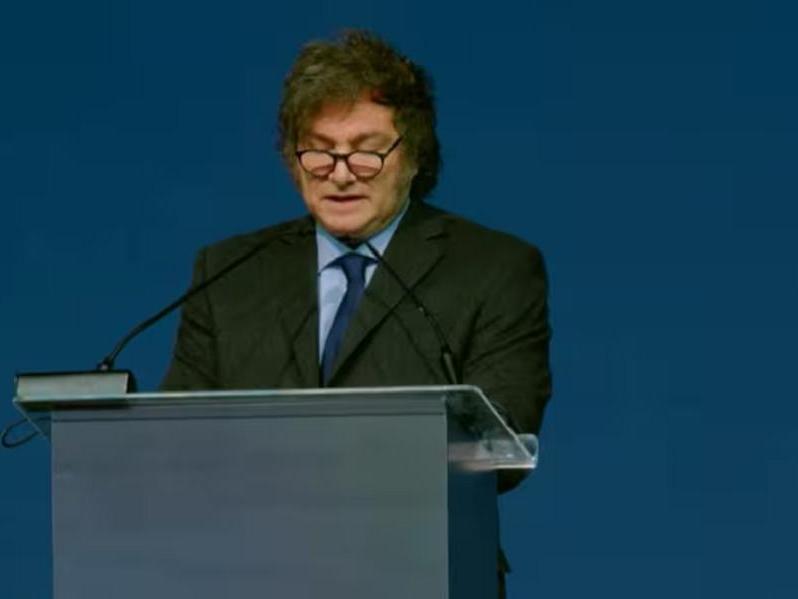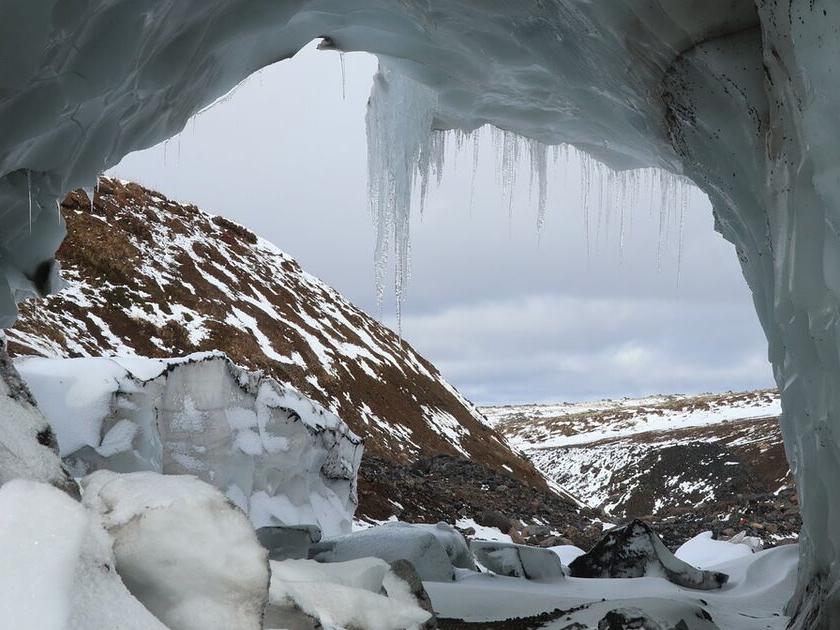Venezuela stands at a crossroads as it prepares for a crucial presidential election on July 28, 2024. Incumbent President Nicolás Maduro, seeking a third consecutive term, faces a formidable challenge from opposition candidate Edmundo González Urrutia. The election represents a potential turning point for the country, with the possibility of ending 25 years of Chavista rule.However, the electoral process has been marred by controversy and tension. Maduro has escalated his rhetoric, threatening a ‘bloodbath’ and ‘fratricidal war’ if he loses the election. This alarming statement has drawn criticism from regional leaders, including Brazilian President Luiz Inácio Lula da Silva.Concerns about the fairness of the election have intensified. The government has been accused of creating obstacles for the opposition, including the disqualification of popular opposition figure María Corina Machado. Reports indicate that at least 135 people linked to the opposition campaign have been arrested. Furthermore, international observers, including former presidents and diplomats, have been blocked from entering the country to monitor the election.Despite these challenges, González leads in several polls, with some showing him garnering 59-61% support compared to Maduro’s 33-21%. The opposition has called for early voting and vigilance at polling stations, expecting the military to confirm the election results.The international community is closely watching the situation. The United States has warned that if Maduro proclaims victory without providing evidence, it may question the legitimacy of the result. The European Union and other countries have also expressed concerns about the electoral process.As election day approaches, Venezuela faces a critical choice between continuity and change. The outcome could have far-reaching implications for the country’s political future, its economic recovery, and its relationships with the international community.
Key points
- Venezuela’s presidential election on July 28 could end 25 years of Chavista rule, with opposition candidate Edmundo González Urrutia leading in polls.
- President Nicolás Maduro has threatened violence if he loses, raising international concern.
- The election process has been marred by arrests of opposition supporters and blocking of international observers.
- The international community, including the US and EU, is closely monitoring the election’s fairness.
Contradictions👾While some sources report González leading in polls, others emphasize the obstacles faced by the opposition and the potential for electoral manipulation, creating uncertainty about the true state of voter preferences.



